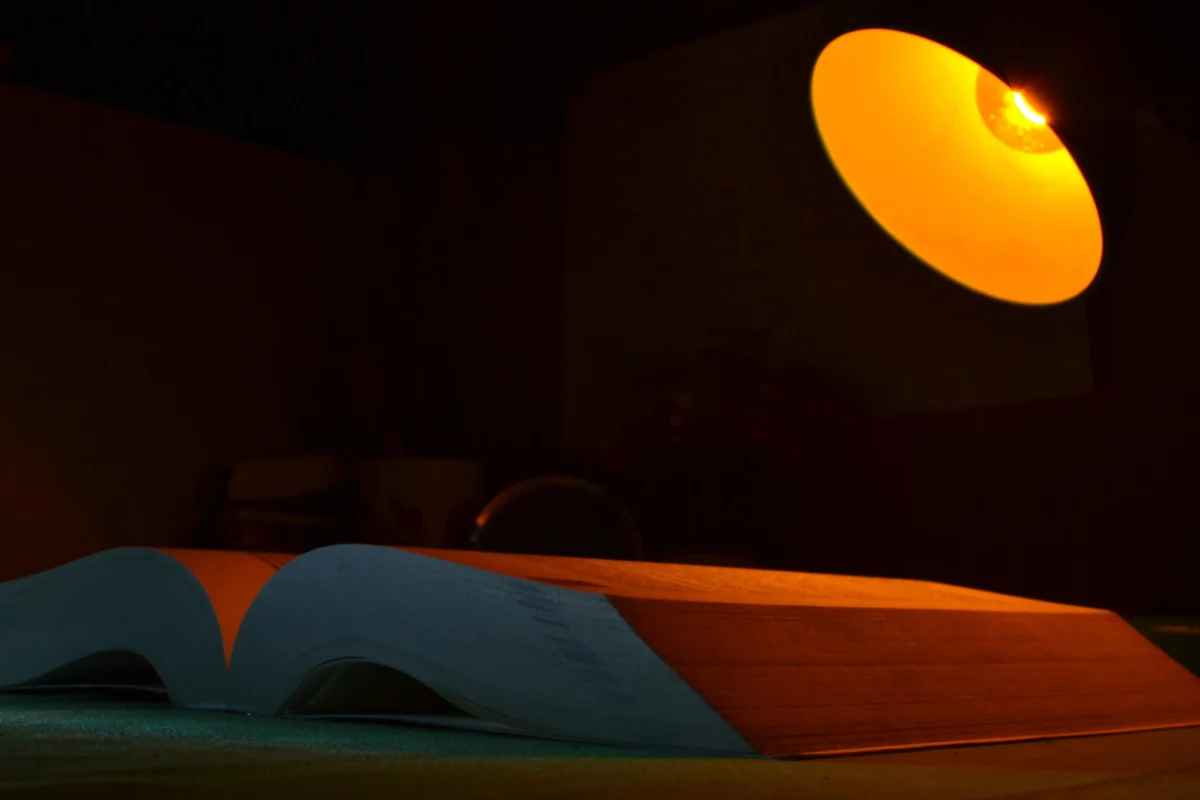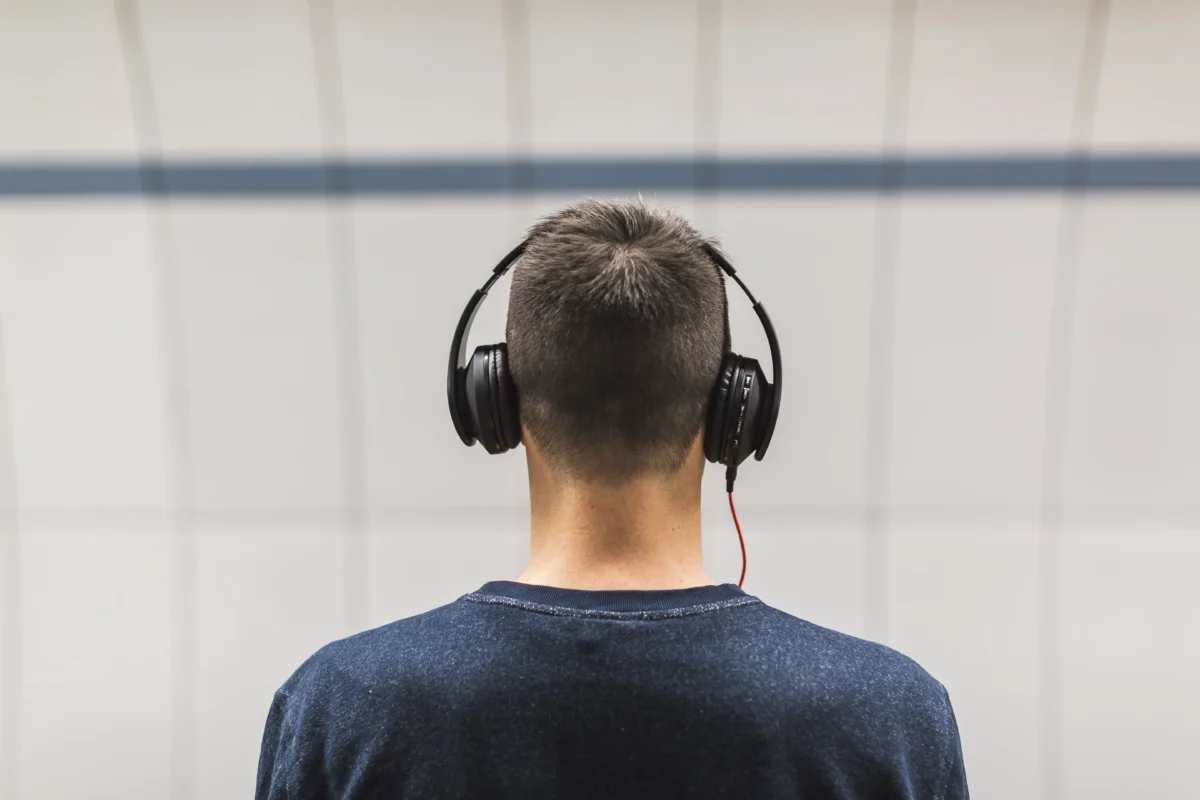Have you ever wondered if the direction you sleep in affects your health and well-being? Some traditions and modern theories suggest that sleeping with your head facing north might have significant impacts. While it might sound like a minor detail, the orientation of your bed could influence everything from your sleep quality to your overall energy levels.
Understanding the Concept of Sleeping Directions
The direction you sleep in can impact health and well-being. Your bed’s orientation might affect sleep quality and energy levels.
The Significance of Cardinal Directions in Sleep
Cardinal directions influence sleep orientation. Sleeping north might cause imbalances. Traditional beliefs and modern science examine these effects differently. Adjusting your bed’s direction could enhance sleep quality.

Traditional Beliefs vs. Modern Science
Traditional beliefs emphasize energy flows. Vastu Shastra and Feng Shui suggest avoiding north-facing sleep. Modern science questions these claims. Research is mixed, so consider both views. Leading institutions such as Mayo Clinic indicate that sleep quality also depends on other factors.
Health Implications of Sleeping Facing North
Sleeping direction impacts health and well-being, influencing sleep quality and energy levels.
Magnetic Field Interaction and Human Health
The Earth’s magnetic field runs from north to south. Some believe sleeping with your head facing north disrupts blood circulation due to magnetic interference. Reports suggest it may affect cardiovascular health. However, scientific evidence backing this claim is limited. Aligning your sleep setup with other cardinal directions might reduce potential magnetic interference.
Circadian Rhythm and Sleep Orientation
Your circadian rhythm controls your sleep-wake cycle. Light exposure mainly influences this cycle, but sleeping orientation could play a role. Studies show that natural light exposure from east-facing windows supports a healthy circadian rhythm. North-facing sleep positions might not offer optimal light exposure, potentially disrupting sleep quality. Prioritize proper light exposure for improved sleep patterns.
Cultural and Geographical Variations in Sleep Practices
Different cultures prioritize various sleep orientations. The methods often reflect local traditions and beliefs.
Vastu Shastra and Feng Shui on Sleeping Directions
In Vastu Shastra, sleeping with your head facing north is avoided. This practice is said to disrupt harmony and energy. They recommend positioning your head towards the south to enhance well-being. Feng Shui also advises against north-facing sleep. It suggests aligning your head towards the east or south. Both practices aim to harmonize your space with natural forces.
Western Perspectives on Sleep Orientation
Western cultures focus more on comfort and practicality. Sleep orientation often emphasizes personal preference. Scientific studies suggest that the sleeping direction might not significantly impact health. Factors like mattress quality and bedroom environment are prioritized. Some studies note the benefits of east-facing windows for natural light. This exposure helps regulate your sleep-wake cycle.
Scientific Studies and Evidence
Research on Sleep Quality and Directions
Several studies examine how sleep direction affects quality. Research published in the Journal of Biological Rhythms notes that facing east can improve REM sleep. A study from the European Journal of Medical Research found that south-facing sleep might result in fewer awakenings. North-facing sleep, however, lacks conclusive evidence linking it to reduced sleep quality.
Physiological Effects of North-Facing Sleep
Some studies propose that the Earth’s magnetic field influences health. Research in the Bioelectromagnetics Journal suggests potential disruptions in cardiovascular function due to north-facing sleep. Another study in the Journal of Sleep Research found no substantial impact of sleep direction on heart rate variability, despite popular claims.
Practical Tips for Optimal Sleep Orientation
Choosing the right sleep direction can improve your comfort and health. Consider the tips below to optimize your bedroom for better sleep.
How to Determine the Best Sleeping Direction
- Use a Compass: Check if your bed aligns correctly with magnetic directions.
- Follow Cultural Guidelines: Vastu Shastra and Feng Shui suggest facing south or east.
- Consider Personal Comfort: Test different orientations, focusing on how well you sleep in each.
- Observe Natural Elements: Consider window placement for morning light and ventilation.
- Position Bed Correctly: Align it with your determined best direction.
- Ensure Balanced Furniture Arrangement: Avoid clutter near your bed for a calm environment.
- Enhance Natural Light: Use light curtains to let morning light in without excessive glare.
- Improve Air Quality: Position plants strategically to filter air, and ensure proper ventilation.
- Control Noise and Light: Use thick curtains and noise-canceling elements to minimize disturbances.
By following these practical tips, you enhance your bedroom ambiance and promote better sleep health.
Conclusion
« Is Shiplap Out of Style? Discover the Surprising Truth About This Once-Popular Trend
Discover the Best Electric Blanket: Wirecutter’s Top Picks and Essential Safety Tips »
Choosing the right sleep direction can be a mix of tradition, science, and personal comfort. While some believe in the health benefits of avoiding north-facing sleep, others prioritize comfort and modern sleep hygiene. Whether you follow cultural guidelines or go with what feels right, the key is to ensure a restful and rejuvenating sleep. So, grab a compass, consider your options, and create a sleep environment that works best for you. Sweet dreams!



